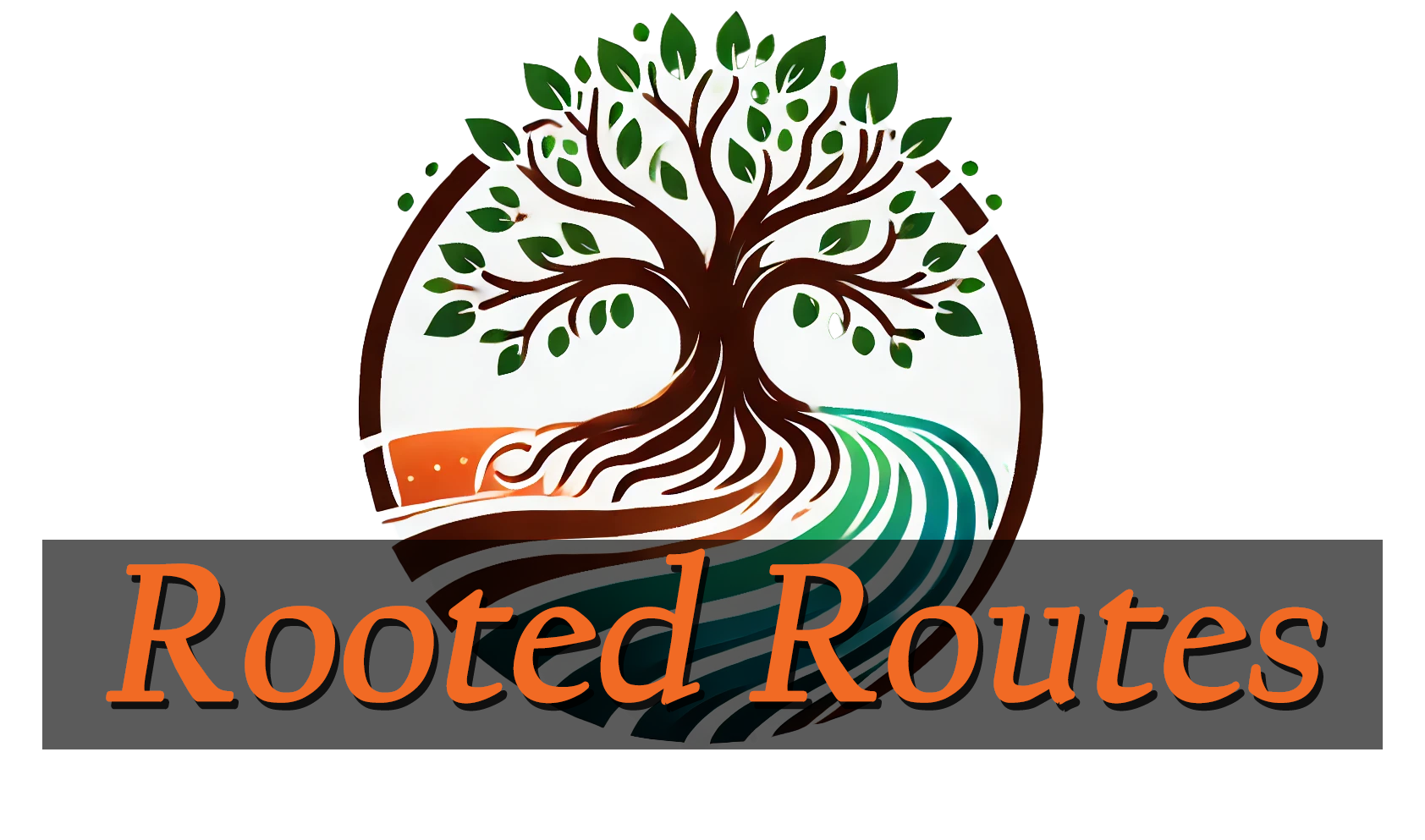Whenever I hear someone say, “Go back to your country,” it stings. It’s a phrase meant to shrink you into a box that makes others comfortable. But where is “back,” really? For many, migration isn’t a neat story of leaving one place for another.
I’ve experienced this firsthand. I remember my first year in Germany, still trying to get familiar with this new country. I was on the S23 train, heading to Köln, still figuring out the unspoken rules of life here. An elderly woman was standing nearby, and back home in Nigeria, it’s second nature to give up your seat for an elder. So naturally, I stood up to offer her mine. In the process, my bag must have brushed her slightly. Instead of a polite nod or a simple “thank you,” she turned to me with irritation on her face and called me an idiot. I stood there stunned; I wasn’t sure how to respond.
A Jamaican friend of mine shared a similar experience that left her just as speechless. She’s mixed race; part Jamaican, part German, and one afternoon, while riding the train, an elderly woman approached her and spat out the words, “Go back to Africa.” My friend was stunned. She is a German citizen, yet somehow seen as an outsider. Her experience mirrored my own and reminded me that, no matter how hard you try to integrate, the perception of “belonging” isn’t always in your control.
What struck me most, though, is this: some of us do have a country to return to. I can always go back to Nigeria, where my roots are firmly planted and where the food, language, and culture feel like home. But what about those who have no “back” to go to? No tangible connection to their roots other than their ancestry.
It’s a painful reality for many who are different from the communities they live in. They stand out, whether because of their skin colour, accent, or cultural background, but they have no ties to anywhere else. For them, being told to “go back” is not just ignorant; it’s cruel. It assumes a simplicity in identity that doesn’t exist. It erases their right to belong anywhere, even in the place they call home.
The sting of these encounters lies in their simplicity. Just a few words can erase your humanity, ignoring the complexity of migration and the reasons people move. It’s not always a choice; for many, it’s a matter of survival. And even when migration is a choice, it comes with sacrifices_ leaving behind family, culture, and the comfort of the familiar to build something new in a place that might not always welcome you.
Migration has always been part of the human story, and yet, the narrative around it often reduces people to stereotypes. I think about my friend, and I wonder what it was about her that made the woman feel entitled to tell her where she belonged. Was it her darker skin? Her hair? The fact that she didn’t “look German enough”? These questions linger, not because they need answers, but because they highlight a painful truth: belonging isn’t guaranteed.
I’ve learned to carry my identity in a way that feels authentic, even when others question it. My accent, my mannerisms, and even the way I dress are all reminders of where I come from. Belonging, I’ve realized, is less about fitting into someone else’s mold and more about finding spaces where I can exist fully.
So, the next time someone says, “Go back to your country,” I hope they pause to think about the complexity of that statement. Because in a world shaped by migration, history, and movement, none of us are truly from just one place. And maybe, just maybe, that’s something to celebrate.
